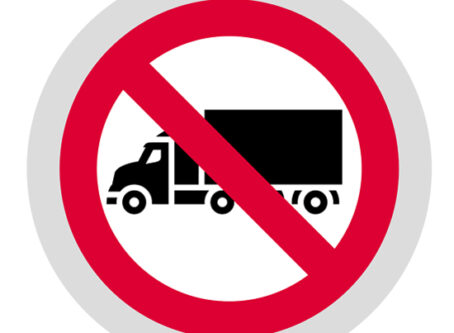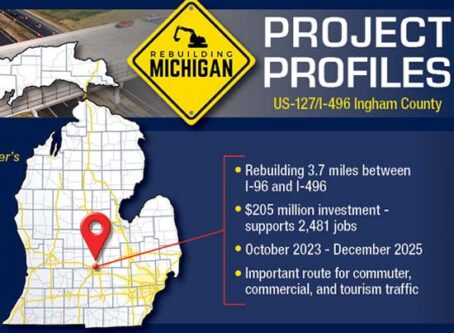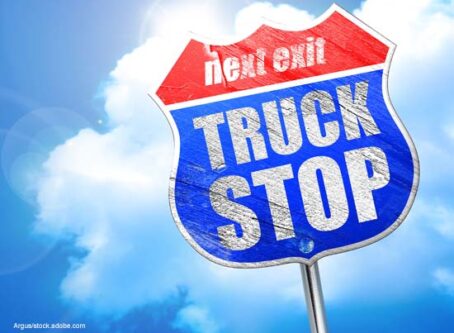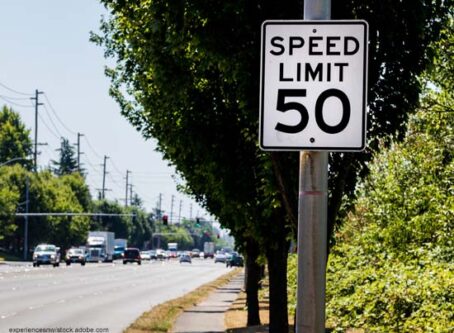Virginia Transportation Board members opinions varied on commuter, truck-only tolling options
Three months after legislation was signed and just two months after Virginia’s truck-toll study was officially launched, the Commonwealth Transportation Board held its first meeting about the plan on July 17. During the presentation, some board members were a little apprehensive about a lack of options tolling all motorists.
Nick Donohue, deputy secretary of transportation, presented the first report to the transportation board. Approximately 400 people showed up to public meetings in June to give their input. Additionally, 680 public comments were received on the online map, with another 195 comments submitted via email, forms or phone. That information was compiled into the report.
So what did the Virginia Department of Transportation find?
Of the nearly 200 comments received via phone, email or forms, 41 percent were concerned with safety on I-81, 36 percent were concerned with congestion, and 23 percent were concerned with policies. Only 13 percent of those worried about safety were concerned specifically about truck-related restrictions. In fact, opposition to tolls was the leading concern in the policy category.
In the safety category, only 6 percent were worried about issues related to trucks. Only 3 percent of those concerned about congestion worried about truck-related congestion.
Despite the numbers, Donohue told the board that “a lot of people” are concerned about truck volume, with some going as far as to suggest banning trucks. Donohue said VDOT would never consider such a plan, and that such sentiment appears to be unique to I-81.
“You don’t hear people say that on (I-)95,” Donohue said. “You don’t hear people say that on (I-)66. I do think it shows that a lot of people view the issues on this corridor as related to the high amount of truck traffic, and I think that’s both a real and perceived issue that we see on this corridor.”
At-large urban board member Marty Williams had a different take. Williams pointed out that the interstates were originally designed for the travelling public, not commuters. Using his own experience, Williams said he pays a commuter toll in Richmond and is supportive of commuter tolls in general. He stated he was not convinced banning any commuter toll is a good idea.
“The first thing out of the chute you come up with for the I-81 solution is take the trucks off the road, but don’t include any plan that has any commuter tolls on it,” Williams said to Donohue. “We don’t want to pay for it. It’s just unfortunate. What happens in northern Virginia, the commuters pay. What happens in Richmond, the commuters pay. (I-)81 is going to be free if you commute on it. It’s unsettling to start that way.”
Current law also throws a wrench in the toll idea. Shannon Valentine, Commonwealth Transportation Board chairwoman, reminded the board that there is a toll prohibition on I-81. Legislation will be needed to authorize any tolling plan.
Another round of public meetings will begin in August. The transportation board will meet again in September and October to evaluate new information. The board is expected to adopt a final plan in December.
In April, Gov. Ralph Northam signed SB971 into law. The law directs the Commonwealth Transportation Board to study financing options for Interstate 81 improvements. However, the evaluation “shall not consider options that toll all users of Interstate 81, and shall not consider tolls on commuters using Interstate 81, but may consider high-occupancy toll lanes” and heavy commercial vehicles.
In order to pay for improvements on the interstate, the board will need to find a funding mechanism. In addition to truck-only tolls, the board can explore any option that doesn’t involve commuter tolls, including fuel tax increases.
To view a video of the entire meeting, click here.









